The 10 principles for an Effective Open Government
| 1. Right to Transparency and Access to Public Information |
1.1. An Open Government should carry out its actions through a transparency rationale as much as possible. 1.2. The right to transparency is a corollary of the right to information access. A good open government should grant its citizens, in brief and reasonable delay, the right to access the most complete information possible; where the limits to this right to public information should be strictly defined and regularly revised. 1.3. The right to access public information should only be limited by the respect of privacy and the protection of sensitive information pertaining to sectors of strategic relevance or matters of national sovereignty. 1.4. An independent authority (administrative or judiciary) should guarantee the effectiveness of the right to public information; it should be capable of addressing injunctions and sanctions to the levels of administration that inhibit the right to access public information (which comprises the excessively slow publication). |
| 2. The Right to Reuse Public Information |
2.1. If the right to access public information is essential, it is also crucial to promote its reuse, which is a driver of democratic enhancement. Therefore, an open government should allow, as much as possible, the reuse of public information. 2.2. The effectiveness or the right to access public information presupposes that governments and public institutions will make available their data and documents in an open, raw and reusable format. 2.3. An open government should develop a data public service and dedicate means to ensure high quality policy on the subject. 2.4. The governments should commit to authorize, as much as possible, the free reuse of public information. The gratuity does not exclude the possibility of finding specific funding models for the service, seen as they are intended to ensure the outreach of public data of good quality. The funding can stand on, for example, supplementary benefits performed by the data service; as long as these actions do not prevent citizens from exercising their right to access and reuse the reference data gratuitously. |
| 3. The Right to Take Part in Public Decisions |
| 3.1. A right to open government should allow all citizens to attend and run for elections. 3.2. An open government should allow each citizen to participate regularly on decisions that concern him or her. 3.3 In an open government, the States commit to develop a mechanism of participative democracy and, at least in the mid-term future, to develop a mechanism of co-elaboration of public decisions. |
| 4. The Right to Renewal and Democratic Pluralism |
4.1. An open government should protect democratic pluralism and encourage the regular renewal of governors, for example by limiting the duration, accumulation and number of mandates. 4.2. An open government should promote the representativeness of populations’ diversity in the elected institutions and in the process of participative democracy. |
| 5. The Right to Truthfulness and Reliance on Your Government |
5.1. It is impossible to have an open government without the trust of the citizens towards their governors. The opening of governments implies the implementation of mechanisms that promote a relation of trust between citizens and governors. 5.2. There cannot be trust without truthfulness. An open government should state the principle of truthfulness in the execution of public policies in its fundamental statutes, and organize its protection in the judicial institutions. 5.3. Not only the right to truthfulness of decisions and evaluations should be respected, but also the right to truthfulness in mechanisms of public participation and consultation. 5.4. The right to truthfulness and reliability includes the right of net neutrality, but also of data neutrality, since, at the digital era, this double neutrality is crucial for the execution of an open government. 5.5. There cannot be reliability and truthfulness in a corrupted society. An open government should commit to fight corruption mechanisms and sanction with ineligibility people responsible for such crimes, being careful to always respect due process. |
| 6. The Right to a Responsible Government |
| 6.1. An open government should create a legal framework establishing account-giving by its governors and making them accountable for their acts. 6.2. The right to an accountable government leads to obligations of the citizens and public agents that should also be accountable for their acts. 6.3. The right to an accountable government obliges the governors to implement governmental openness by taking measures to overcome the paradox of participative democracy and the paradox of openness. 6.4. To ensure the effectiveness of the right to an accountable government, an open government should encourage its administrations and public institutions to implement new technologies that, at the digital era, are crucial to ensure governmental transparency, citizen participation, and control and evaluation of the citizens over their governments. |
| 7. The Right to Protection of Actors of the Opening of Governments |
| 7.1. An Open Government should establish a legal framework to protect members of the opposition and/or the minorities’ opinions. 7.2. An open government should commit to establish a legal framework that protects its actors, who collaborate with the respect of democratic principles and that work in favor of open governments. 7.3. The right to public information leads to the right of transmitting information, if these communications pursue general interest and are proportional to other rights. Therefore, an open government should ensure a protective status for journalists and whistleblowers, providing them the exemption against prosecution for facts revealed in such conditions; the right to omit their sources; and the right to protection. 7.4 An open government should limit its surveillance equipment over its population. Once these devices are deployed, a jurisdiction should have the capabilities to ensure that they strictly account for a cause of action of general interest and that they are not disproportionate to the objective they intend to achieve. |
| 8. The Right to Effectiveness of Open Governments |
8.1. The right to an open government stands on certain principles and rules that sometimes are adapted by the countries but that aren’t always effective. 8.2. The right to an open government makes the governors responsible for ensuring the effectiveness of the laws and for judicial or governmental decisions regarding open governments, in order to protect the development of the governmental and institutional opening process from possible obstacles. 8.3. An open government should grant its citizens the right to judicialize its rights in order to implement mechanisms that ensure the effectiveness of judicial decisions produced after due process. 8.4. In order to guarantee the effectiveness of the opening, an open government should deploy adequate means to fight the digital divide, seeking to ensure equal access to new technologies for all, which, at the digital era, are the instruments of transparency and participative and collaborative democracy. |
| 9. The Right to Proportionality and to Justification of Exceptions to the Principles of Open Governments |
9.1. Open Government presupposes certain principles, such as the right to access information, the right to information reuse or the right to citizen participation; all of which may have exceptions. An open government should grant its citizens the right to proportionality and to justification of the exceptions to the principles of open governments. 9.2. An open government should commit to limit its exceptions and to constantly justify them. 9.3. Once such exceptions are established, a jurisdiction should be capable of ensuring that these exceptions are justified and proportionate to the pursued objective. 9.4. Due to the principle of proportionality, the opening of public information should not hinder fundamental citizen rights. Once these actions are justified by general interest, a jurisdiction should ensure that they are not disproportionate to the objective pursued. |
| 10. The Right to Outreach of the Open Government Culture |
10.1. An open government should commit to promote open government culture in the entirety of society and in all levels of territorial, administrative and institutional organization. 10.2. An open government should promote education on open government, through initial and continued formation programs and by actions of popularization, so it can be destined to all publics. 10.3. An open government should promote and sustain research on open governments in all of its disciplines. |
Delivered at the Sorbonne - Paris, 5 December 2016
Irène Bouhadana and William Gilles
Associate Professors at the Sorbonne Law School Secretary-General and President of IMODEV



